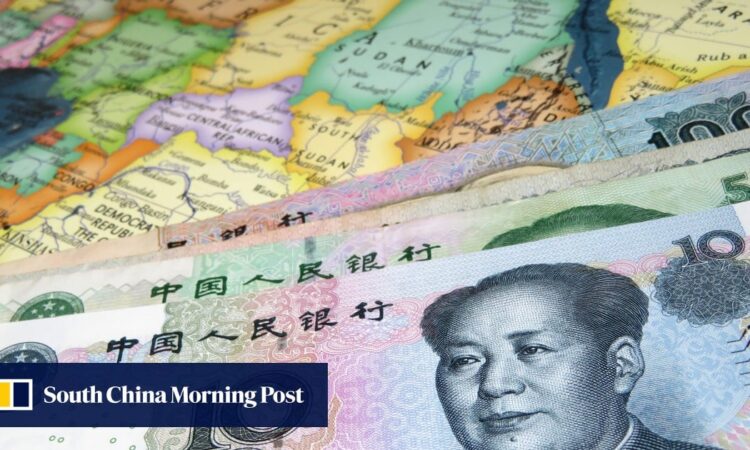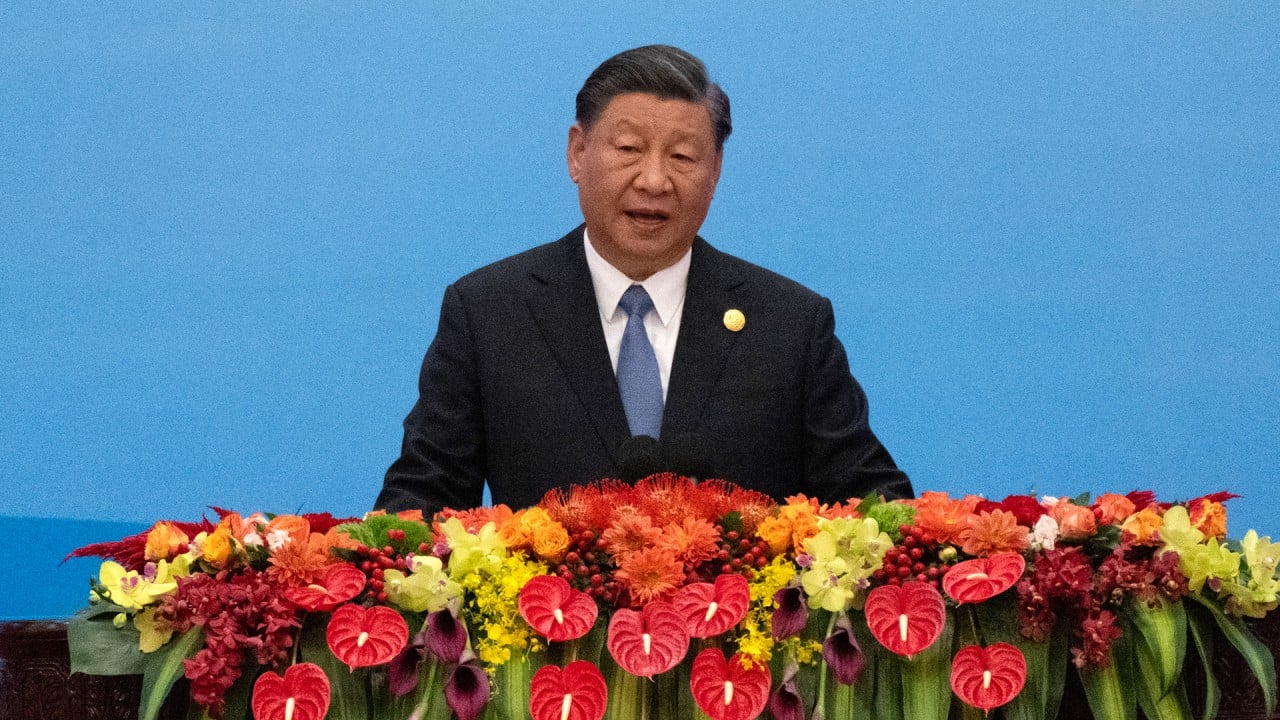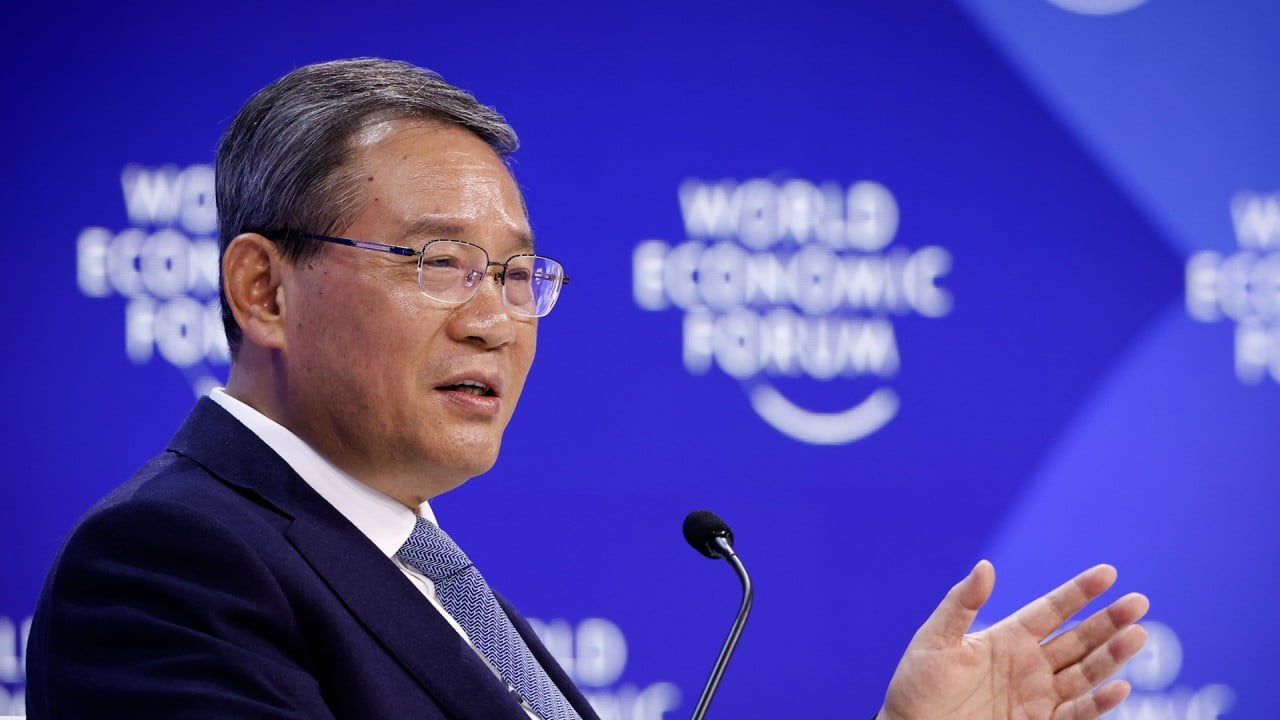
“Actually, Bank of China is a local clearing bank and we will earnestly act upon our responsibility and leverage on our role in Zambia to support other African countries to provide holistic products and services related to the yuan and to promote the use of the yuan in bilateral trade and economic activities,” Lin said during his visit to Lusaka.
Lin’s trip followed Hichilema’s state visit to China in September, when the two countries agreed to trade more using their own currencies.
Zambia is Africa’s second-largest copper producer, most of it exported to China, the world’s largest consumer of the metal. But financial woes hit Zambia in 2020 when it defaulted on foreign debt.
Beijing has also encouraged the use of local currencies across various African countries as part of its de-dollarisation bid. And it has pushed for the issuance of cross-border yuan-denominated “panda” bonds.
Kenya, which is also facing debt repayment troubles, is considering issuing panda bonds to secure funds to retire its US$2 billion Eurobond which is due this year.
Encouraging the use of China’s currency gives China more foreign policy flexibility
“Encouraging the use of China’s currency gives China more foreign policy flexibility,” Robertson said. “It also transfers currency risk from China, which might otherwise have to accept very undervalued or overvalued US dollars from trading partners, on to its trading partners.”
Robertson explained that Egypt now carried the currency risk from borrowing in China’s currency after issuance of its panda bonds. Equally, Zambia carried the currency risk from accepting yuan as payment for its resources.
“There is a good case to be made for Egypt and Zambia; this is a reasonable diversification – from mainly US dollar currency risk to a broader range of currencies,” Robertson said.
“In the future, the Fed will matter a little less, and the People’s Bank of China will matter a little more.
“I have no doubt that China will push hard for more and more trade and debt to be issued in its currency, with the inducement today that Chinese interest rates are lower than in the US.”
African coups make life difficult for China’s belt and road projects
African coups make life difficult for China’s belt and road projects
Sub-Saharan geoeconomic analyst Aly-Khan Satchu said a powerful tailwind was driving greater adoption of the yuan.
“It is an untenable situation,” Satchu said, adding that this was now pushing African countries to diversify their dollar exposure.
“It makes perfect sense to trade in [the yuan] with your largest trading partner, which is China for most of the continent. So further adoption is a no-brainer.”
Satchu also expected more panda bonds to be issued by African countries.
“In 2024 we could see China’s largest state-owned banks’ presence in Africa expand, as well as further growth of China-Africa cross-border [yuan] settlement arrangements. It is also important to watch how African banks’ connectivity with China grows,” Greene said.
A China-Africa cross-border yuan settlement centre launched in Zhejiang province in mid-2023, and Mauritius now has the third clearing centre for the Chinese currency in Africa, after South Africa and Zambia.
“We could see new agreements involving China’s central bank and state-owned commercial banks aimed at increasing [yuan] use in China-Africa cross-border trade payments,” Greene said.
“One thing to watch for in 2024 is the establishment of bilateral currency swap agreements between China’s central bank and African counterparts. These agreements can be used to facilitate greater [yuan] use in cross-border trade and finance.”
In Nigeria, politicians are reportedly working to revive a 2018 bilateral currency swap agreement with the Chinese central bank.
In August, South Africa’s largest lender, Standard Bank, and the largest Chinese state-owned bank, Industrial and Commercial Bank of China, renewed a long-standing partnership that facilitates yuan use across 15 African markets.
Greene said many emerging markets were pursuing policies aimed at increasing the use of local currencies in cross-border trade payments.
“In some jurisdictions, officials believe that such policies could reduce domestic demand for dollars, and … help address local currency depreciation and exchange rate risks,” he said.
“Also, in certain countries, there is a desire to build out financial infrastructure that is more resilient to US and European economic sanctions.”








